A New Frontier in Hunting Law
In a groundbreaking case that has stirred the Pennsylvania Legal system, Joshua Wingenroth, a 35-year-old from Downingtown, finds himself at the center of a legal debate after being convicted for using a drone to assist hunters in locating deer carcasses. According to Fox News, this incident marks the first time an individual has been cited and tried in the state for employing a drone to recover a game animal, highlighting a technological advancement that state law had not previously addressed explicitly.
The Case Against Wingenroth
Wingenroth, who advertised his drone services in local publications, was charged after a sting operation conducted by the Pennsylvania Game Commission. An undercover officer, feigning as a hunter needing help to locate a deer he claimed to have shot, solicited Wingenroth’s services. Unbeknownst to Wingenroth, his agreement to use a drone equipped with thermal and infrared cameras to find the supposed deer put him in direct violation of state hunting laws, which include prohibitions against the use of electronic devices to aid in the hunting process.
During the operation, Wingenroth and the officer were approached by a game warden, resulting in the confiscation of the drone and Wingenroth being cited for using illegal electronic devices during hunting, disturbing game or Wildlife, and violating recreational spotlighting regulations. The Lancaster County District Judge Raymond Sheller convicted Wingenroth on all counts, imposing a fine of $1,500.
Legal Definitions and Technological Advancements
The crux of Wingenroth’s defense, as argued by his attorney Michael Siddons, lies in the interpretation of what constitutes “hunting” under state law. Siddons contends that the existing regulations are outdated, failing to account for new technologies like drones. He argues that Wingenroth’s intention was not to hunt but to recover what he believed was an already deceased animal, outside of legal hunting hours.
The case sheds light on the evolving nature of hunting practices and the need for legal systems to adapt to technological advancements. Judge Sheller, in his verdict, pointed out the necessity for legislative action, stating, “The Legislature needs to address this. Everyone is playing catchup to science.”
A Call for Legislative Clarity
As Wingenroth plans to appeal the verdict, his case serves as a catalyst for a broader discussion on the integration of modern technology in traditional hunting practices and the imperative for legal frameworks to keep pace with innovation. The Pennsylvania Legislature now faces the challenge of revisiting and possibly revising hunting laws to clearly define the use of drones and other electronic devices in hunting, ensuring that regulations are in alignment with current technological realities.
Wingenroth’s case not only highlights the legal ambiguities surrounding the use of drones in hunting but also signals a moment of reckoning for state lawmakers. As technology continues to advance, the necessity for legal systems to adapt becomes increasingly apparent, ensuring that laws reflect contemporary practices while maintaining the ethical and conservation principles that underpin hunting regulations.
Featured image is for illustration purposes only.
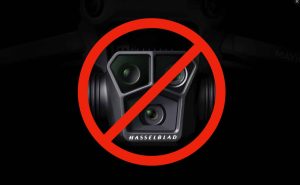

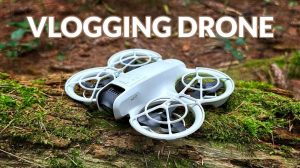

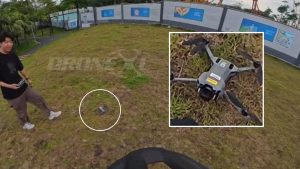
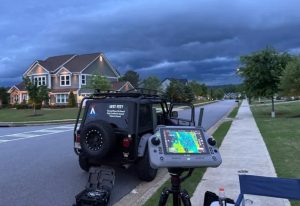
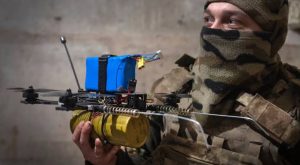
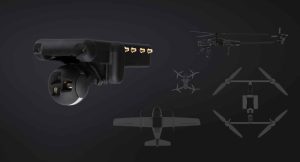
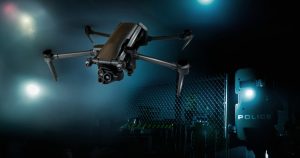


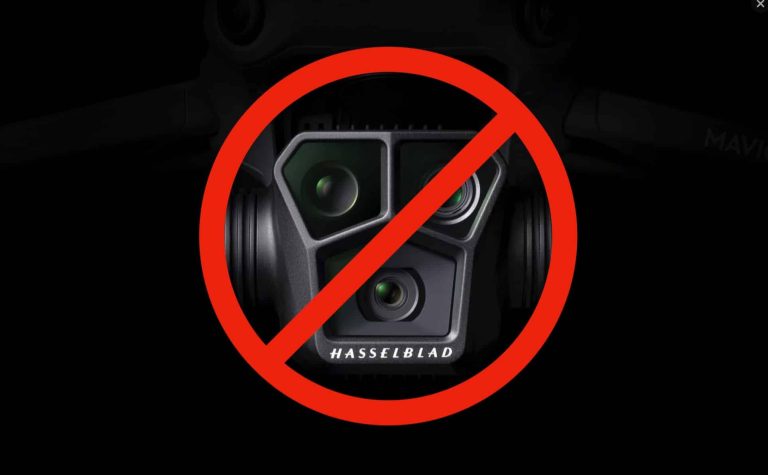
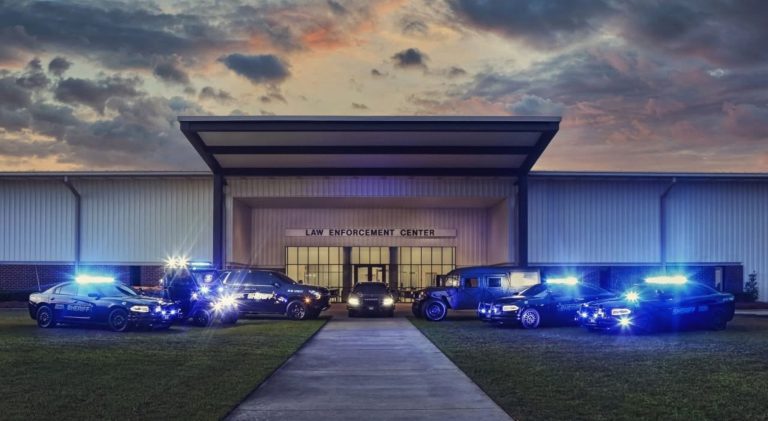
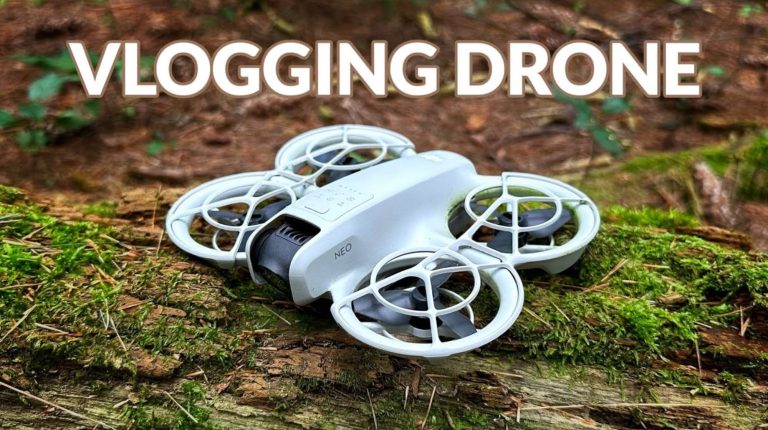
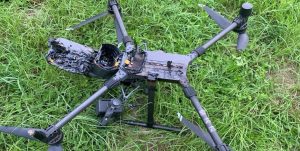
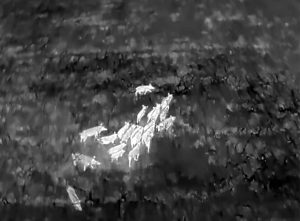

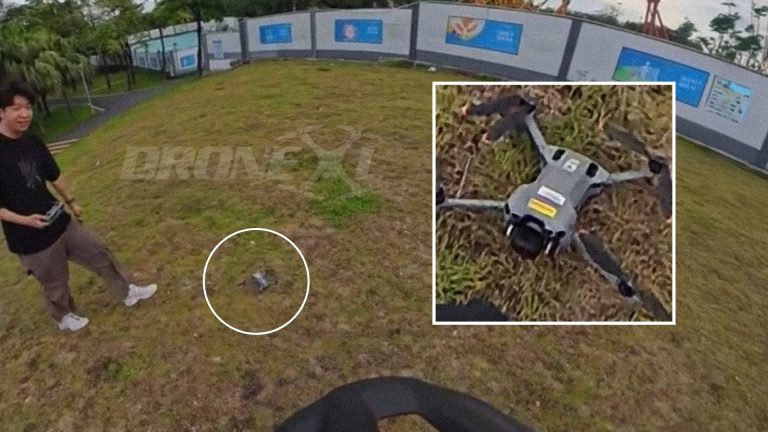
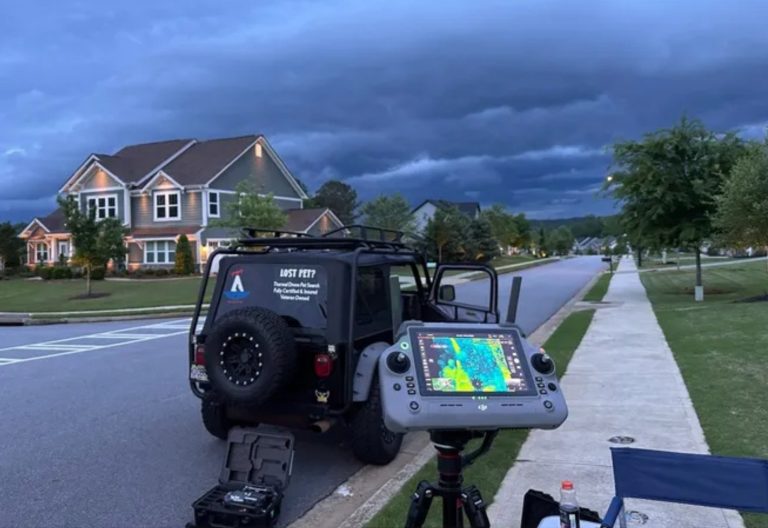
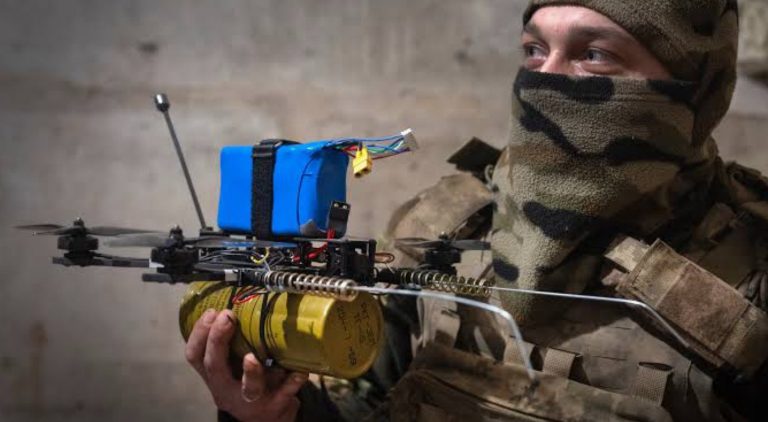
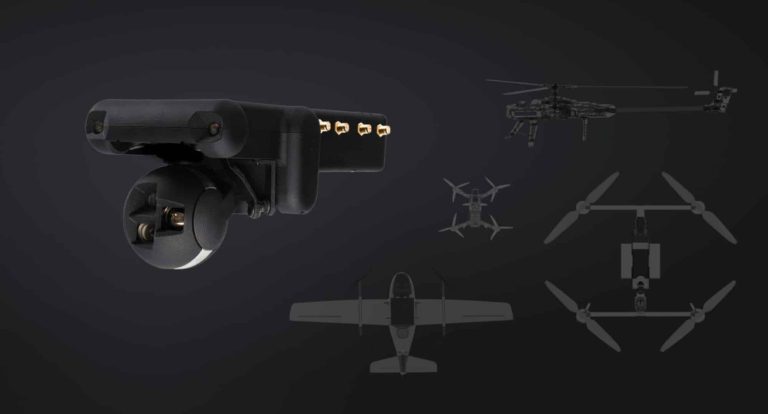
+ There are no comments
Add yours